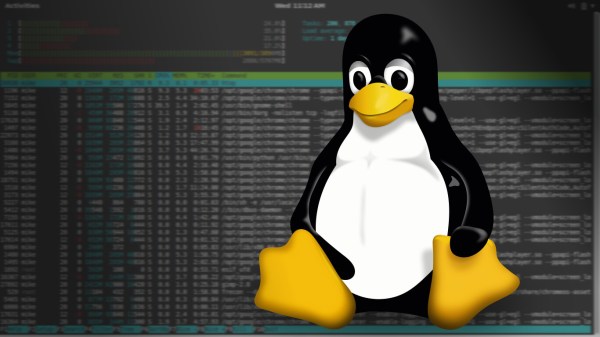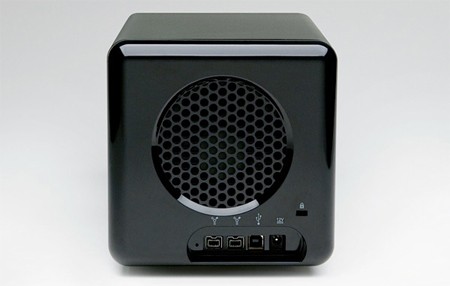You may remember the Pipewire coverage we ran a couple weeks ago, and the TODO item to fix up Firewire device support with Pipewire. It turns out that this is an important feature for kernel hackers, too, because the Alsa changes just got pulled into the 5.14 kernel, and included is the needed Firewire audio work. Shout-out to [Marcan] for pointing out this changeset. Yes, that’s the same as [Hector Martin], the hacker bringing Linux to the M1, who also discovered M1racles. We’ve covered some of his work before.
It turns out that some Firewire audio devices expect timing information in the delivery stream to match the proper playback time for the audio contained in the stream. A naive driver ends up sending packets of sound to the Firewire device that wanted to be played before the packet arrives. No wonder the devices didn’t work correctly. I’m running a 5.14 development kernel, and so far my Focusrite Saffire Pro40 has been running marvelously, where previous kernels quickly turned its audio into a crackling mess.
There is another fix that’s notable for Pipewire users, a reduction in latency for USB audio devices. That one turned out to be not-quite-correct, leading to a hang in the kernel on Torvald’s machine. It’s been reverted until the problem can be corrected, but hopefully this one will land for 5.14 as well. (Edit: The patch was cleaned up, and has been pulled for 5.14. Via Phoronix.) Let us know if you’d like to see more kernel development updates!













